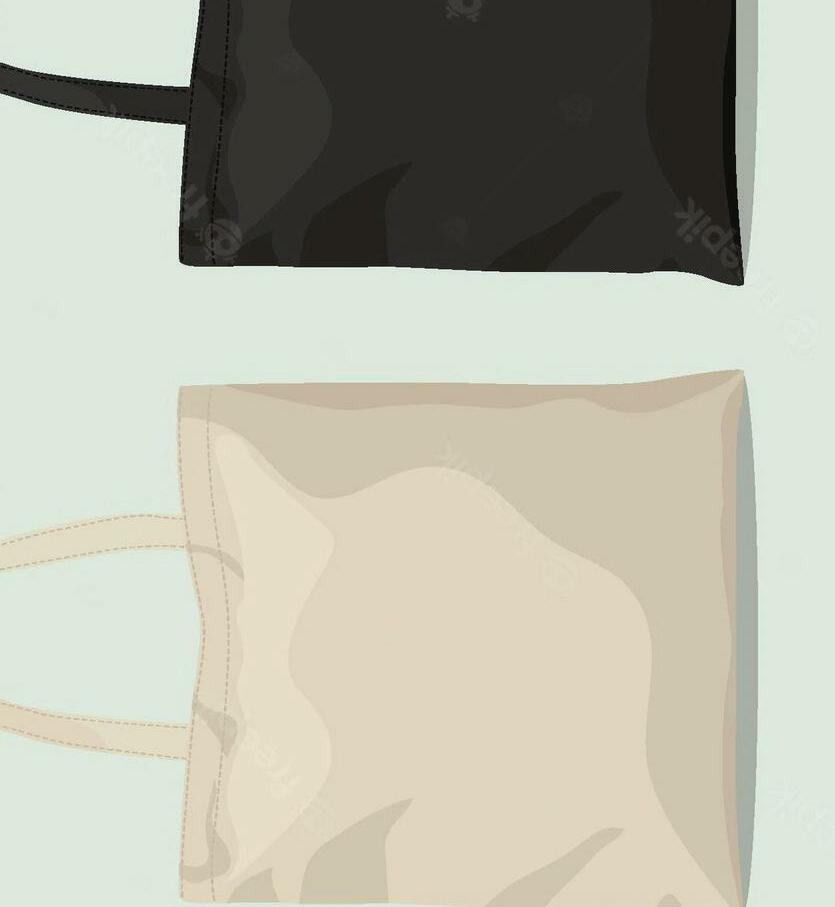
4 minute read
NOPE: Society’s Perpetual Need for the Spotlight
: THE SOCIETAL NEED FOR THE SPOTLIGHT

Advertisement





ALISHA SANKHE writer
You are 10 years old, and you are sitting under a table, eyes fixated on a particular shoe standing oddly upright across from you. You think about how earlier that shoe was on the foot of your co-star, proud stage mom of you and a very different kind of son: Gordy, your trained chimpanzee brother and the titular character of your hit television series, Gordy’s Home. Now you watch that shoe because your life depends on it. You keep hidden, safely out of the glaring spotlight on the set, as Gordy stumbles closer to you. You expect rage — but instead, you find fear in his eyes. He holds his fist up to you, and you bump it, mimicking the happy family that now lays motionless on the stage.
This shocking opening scene of Jordan Peele’s NOPE perfectly sets up the film’s running main theme of the dangers of life in the spotlight. Throughout the movie, the audience is repeatedly reminded of this via flashbacks similar to the one above and parallels between the main characters. The first reference to Peele’s message is through the clip from Gordy’s Home, a show antagonist Ricky “Jupe” Park starred in. Jupe and Gordy were pushed into the spotlight young, affecting them both in devastating ways, but the impact on Gordy is seen most easily at first. Gordy becomes agitated after a balloon pops and attacks everyone on set, except for Jupe, who is spared after Gordy finds him hiding under a table. With some context, viewers understand that the reflective material of the balloon caused Gordy to see himself as a spectacle, which prompted a violent reaction due to him not understanding that he is an actor. It is heavily implied, especially when he instinctively fist-bumps a scared Jupe, that he believes this stage family is his real family. This scene speaks more of the showrunners who placed Gordy in this role — they trained him solely to provide entertainment and ignored his natural development. However, understanding Gordy’s anger is easiest at the end of the scene. After he is no longer seen as a source of entertainment but rather in his true animal state, animal control shoots him immediately. This dramatic finale incites some thought in the audience about the brevity of fame — Gordy’s plight demonstrates how quickly one can go from being loved to being antagonized.
The audience then watches Jupe’s devolution from this pivotal moment in his life. He later proudly describes the incident as having “one of the best viewings” of the entire show. This positive reaction is strange, considering the damage multiple deaths of close friends should have on a child. Jupe’s peculiar mindset continues into later acts of the movie when he uses something as terrifying as a true alien
: THE SOCIETAL NEED FOR THE SPOTLIGHT





5f827a encounter to profit from a show he puts on at his ranch. He feeds his own horses to the alien without remorse until the alien, wary of the spotlight itself, shows him karma by eating him instead. Jupe’s journey is a tale of caution told through an unconventional method — the audience expects the terrified child they saw to live in fear of being thrust into the spotlight again. Yet, they watch the polar opposite unfold. This experience causes Jupe
to believe he is “special” because he was the only one not harmed by Gordy — therefore, it is his life’s calling to be a spectacle. In fact, he puts the alien into the very position he and Gordy were in through his exploitative show, demonstrating how the spotlight can blind ethical thinking.
On the other hand, protagonist OJ Haywood understands from the beginning that being a spectacle is not a desirable thing. A key discovery he makes is that the alien does not attack if he does not make eye contact, something he can relate to from his gentle handling of his family’s horses. Haywood shields them from the public eye during commercials, eventually keeping them out of it entirely after he feels their discomfort. Ultimately, this benefits him the most, as he is one of the few main characters who survive the movie.
NOPE features several alternative themes, such as animal cruelty and the gentrification of Western movies, but they all tie back to what Jordan Peele himself cited as the word most used around set — spectacle. Society’s neverending desire for the spotlight and how we face inevitable consequences from it, and the underlying message Peele introduces to us from the beginning Biblical verse: “Nahum 3:6: ‘I will pelt you with filth, I will treat you with contempt and make you a spectacle”









